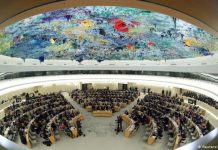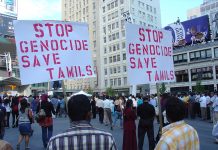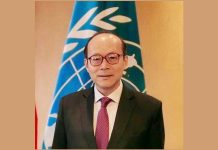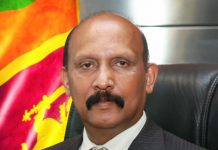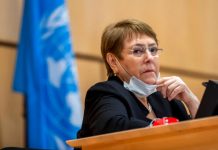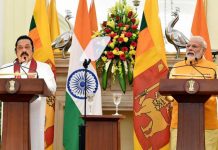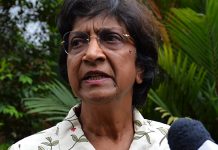Sri Lanka went against WHO guidelines that said dead bodies of Covid-19 victims can be ‘buried or cremated.’ Now, it has reversed the order and allowed burials
Written By Gourav Mishra
Months after facing international criticism over ‘forced cremations of Covid-19 victims’, Sri Lanka has now revised the controversial order that deprived Muslims in the island nation of their right to bury their loved ones. Since last year in April when Sri Lanka recorded its first Covid case, the government cited opinions of experts and had mandated cremation of Covid-19 victims.
Even as the World Health Organisation had clarified that the dead bodies of Covid-19 victims can be ‘buried or cremated,’ Sri Lanka forced its decision over cremation, as the government further claimed that ‘burial of Covid victims would contaminate the water table that would then spread the pandemic.’
Many rights groups including the UNHRC also condemned the forced norm implemented by Sri Lanka. However, now referring to the reversal of the order over cremation and burial, the head of a rights body asserted “This is a long-awaited but welcome move by the Sri Lankan authorities. Forced cremations, which should never have been carried out in the first place, have denied the Muslim community the right to say goodbye to loved ones in accordance with their religious beliefs.”
Calling the regulation over cremation cruel, she further pointed “The ending of this cruel practice, which has not been scientifically proven to prevent the spread of the virus, allows Sri Lanka’s Muslim minority a dignified burial in line with Islamic burial rites. The decision is a testament to the tireless struggle of families of victims, activists, and members of the Muslim community.”
Cremation of bodies is forbidden in Islam. The reversal of order also comes after Pakistan Prime Minister Imran Khan’s visit to Sri Lanka where he met Muslim minority leaders. The minority leaders were quoted by PTI as saying that ‘the decision to allow burials was connected with Sri Lanka wanting the support of Organisation of Islamic Countries (OIC),’ at the ongoing UN Human Rights Council in Geneva.

